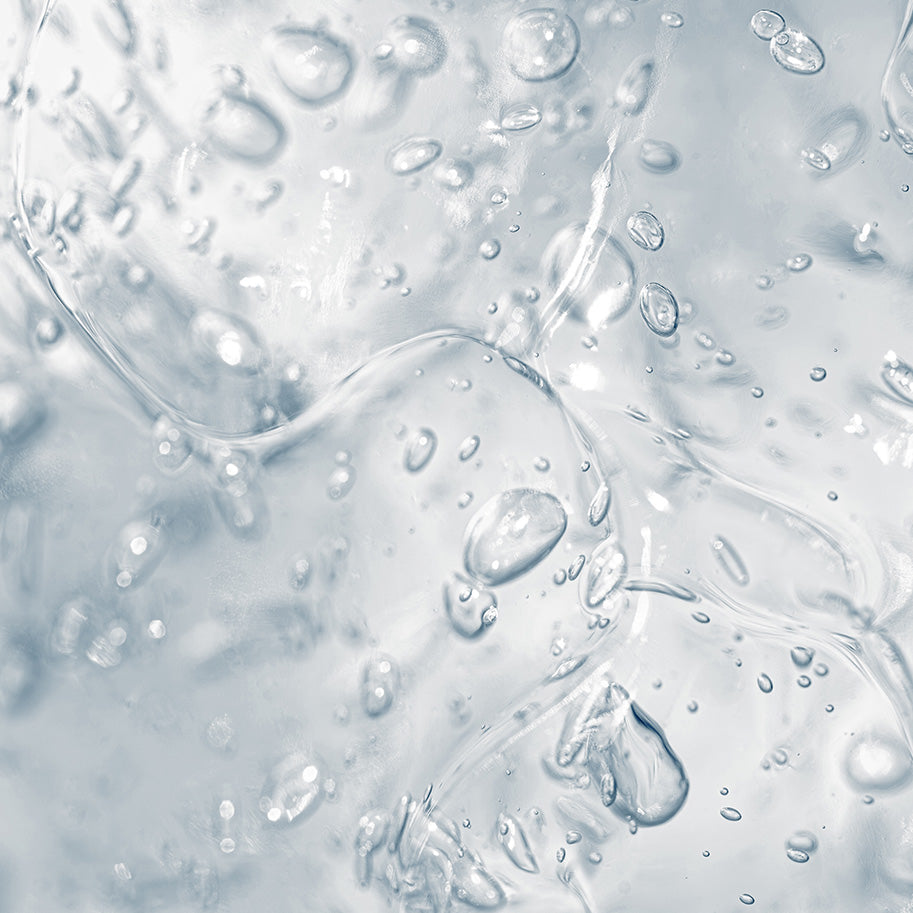Collagen is often described as the key to youthful skin, but its role in the human body goes far beyond beauty. As the most abundant protein in our system, collagen provides structural support to the skin, bones, muscles, and connective tissues. Its ability to maintain skin’s firmness, elasticity, and overall integrity makes it essential not only for appearance but also for overall health.
Collagen is a complex protein made up of amino acids such as glycine, proline, and hydroxyproline, forming a triple-helix structure that gives it strength and flexibility. This structure makes collagen crucial in creating a stable framework for various tissues in the body. In the skin, collagen is primarily found in the dermis, the thick middle layer, where it acts as the foundation for maintaining a smooth, resilient appearance. It provides tensile strength, meaning it helps skin resist stretching and damage.

Within the dermis, collagen works in conjunction with elastin and fibroblasts, two other key elements essential to healthy skin. Elastin, another protein in the dermis, gives skin its ability to snap back into place after being stretched, contributing to its elasticity. Collagen and elastin form a mesh-like structure that provides firmness and flexibility. While collagen gives skin its strength, elastin allows it to move and bend without losing shape. Fibroblasts are the cells responsible for producing both collagen and elastin, constantly working to regenerate and repair the skin. As we age, fibroblast activity decreases, leading to a reduction in collagen and elastin production. This decrease is one of the main reasons skin begins to sag and wrinkle over time.
Collagen’s decline is inevitable. From our mid-20s, we lose about 1% of collagen each year. This slow degradation leads to thinner, less elastic skin, resulting in fine lines, wrinkles, and sagging. External factors like UV exposure, pollution, and lifestyle habits such as smoking can accelerate this process. When collagen breaks down, the underlying framework of the skin becomes weaker, and with reduced fibroblast activity, the body has a harder time repairing the damage. As a result, skin loses its youthful bounce and firmness.
However, collagen's role in the body isn’t confined to skin health alone. It also plays a critical role in maintaining the strength of bones, tendons, ligaments, and cartilage. In joints, collagen acts as a cushion, preventing bones from rubbing against each other and allowing smooth movement. As we age, reduced collagen can lead to stiffness, discomfort, and increased wear on joints. Collagen also provides structure to bones, making it essential for bone health. Lower collagen levels can weaken bones over time, contributing to the risk of fractures.
For those looking to support collagen production, several strategies can be effective. While the body’s collagen production slows with age, it is possible to promote it through diet and supplementation. Collagen-rich foods like bone broth, fish, and chicken, as well as vitamin C-rich foods such as citrus fruits and leafy greens, can help support the natural production of collagen. Vitamin C plays a crucial role in stabilising collagen’s structure and supporting its synthesis. Collagen supplements, particularly collagen peptides, are also popular for boosting skin elasticity and joint health. These peptides are broken down into smaller molecules that are easily absorbed by the body and can be used to support collagen regeneration in tissues.
Collagen’s influence on skin health is profound because it forms the core structure that keeps the skin looking smooth, firm, and resilient. By understanding how collagen interacts with elastin and fibroblasts within the dermis, it becomes clear why maintaining healthy collagen levels is crucial for both beauty and overall wellness. While the natural ageing process cannot be halted, protecting and supporting collagen production can help slow the visible signs of ageing, keeping skin strong, flexible, and radiant for years to come.




